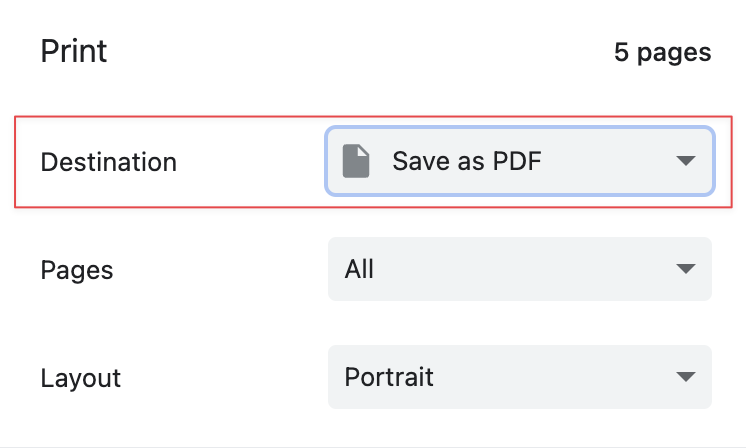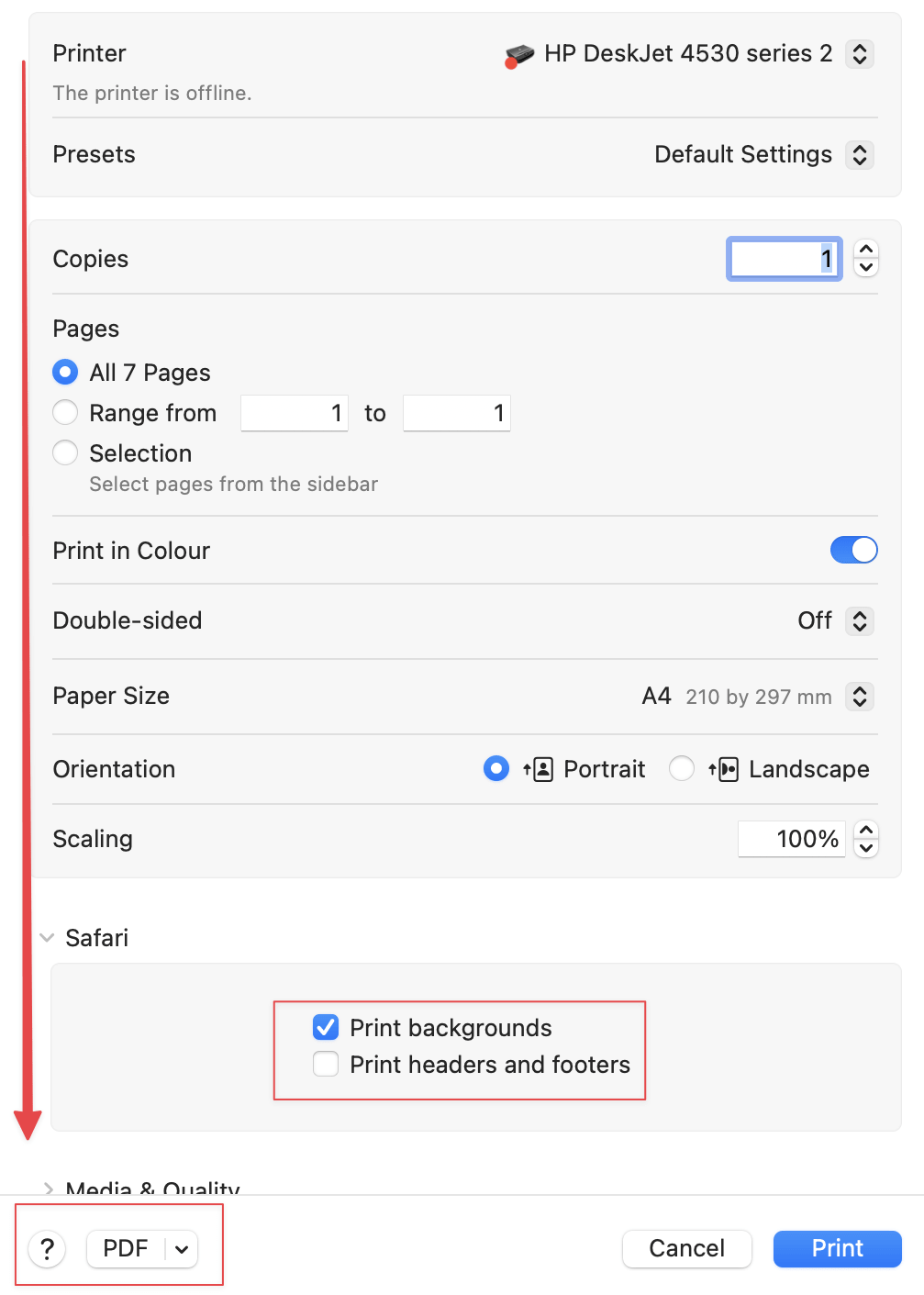Indonesia faces some of the planet’s most urgent humanitarian, environmental and development challenges – from rising sea levels and earthquakes to poverty, social inequality and increasing youth unemployment in one of the world’s youngest populations. With the right strategy, NGOs can deliver transformational impact in the country. But meaningful, sustainable success relies on more than funding and effective programmes – it depends on having the right human resources in place, deployed compliantly and strategically.
In this article, we outline some of the key staffing options every NGO needs to consider before expanding operations into Indonesia.
Four key decisions for NGOs entering Indonesia
Hiring international talent requires local insight, long-term commitment, cultural fluency, and a staffing strategy tailored to Indonesia’s vast geographic and social complexity.
When advising NGOs entering Indonesia, there are four key questions we explore as part of devising a staffing strategy to prevent costly setbacks and lay the groundwork for sustainable success:
- What is the most effective and compliant way to engage international talent – contractors or employees?
- Is establishing a local legal entity necessary – or would a more flexible model be better?
- Which national and regional employment regulations will impact your operations?
- Will the staffing and operational model support long-term goals in the country?
The decisions made in each of these areas will profoundly impact an NGO’s speed of entry, cost base, risk exposure, and ability to deliver lasting impact.
Question 1: What is the most effective and compliant way to engage international talent - contractors or employees?
One of the first critical decisions you must make when expanding into Indonesia is how to engage local talent. Should they be hired as independent contractors, or employed as formal members of staff under Indonesian labor law? The answer depends on your intended footprint, programme duration, desired level of operational control, and willingness to navigate local regulatory complexity.
Option 1: Contractors
Generally speaking, this route offers speed and flexibility by allowing NGOs to get up and running quickly without establishing a legal entity. This makes it a convenient option for short-term advisory roles, rapid deployments (e.g. an emergency response) or projects lasting less than six months.
However, Indonesia enforces employment classifications strictly. Without a thorough understanding of local compliance obligations, NGOs risk exposing themselves and contractors to significant regulatory and tax liabilities. Some of the key challenges to be aware of include:
- Visa requirements: Foreign contractors will need a visa sponsored by a registered local entity to work onshore.
- Tax exposure: Contractors face a flat rate 20% withholding tax and a possibility of double taxation.
- Lack of legal protection: Indonesian labor laws do not protect NGOs or contractors operating under informal contracting arrangements.
Option 2: Direct employees
If your NGO requires long-term programme staff, a physical presence in the country or full operational oversight, hiring staff as employees builds local credibility and long-term stability. But it also involves significant planning, local legal setup, ongoing regulatory obligations and a strong HR infrastructure. Key challenges include:
- Registering as a local legal entity that can issue employment contracts.
- Securing mandatory work permits (IMTA) and stay permits (KITAS) for foreign hires.
- Navigating strict quotas on foreign workers, including submitting a Local Manpower Plan.
- Compulsory contributions to BPJS (Indonesia’s social security and health insurance system), progressive payroll taxes (up to 30%), and obligations such as severance pay and mandatory religious holiday bonuses.
Question 2: Is establishing a local legal entity necessary – or would a more flexible model be better?
If your NGO opts to hire employees rather than contractors, the next decision is how to employ them – through a local legal entity or via an Employer of Record (EOR). Both options are legally viable, but the right choice depends on your timeline, budget, growth plans, and appetite for regulatory compliance.
Option 1: EOR
This removes the administrative burden of setting up a legal entity in Indonesia. Instead, an EOR becomes the legal employer on your behalf, managing employment contracts, payroll, tax reporting, benefits, and work permits for both local and international hires. With this model, we can help NGOs deploy teams in as little as four weeks, offering a fast and compliant market entry.
However, certain characteristics of this structure make it best suited to short- to medium-term programmes, when hiring fewer than five staff, or when testing the viability of a market. These include:
- The requirement to pay service fees to the EOR per employee.
- Less direct control over certain employment terms or internal processes.
- Some government tenders or ministry partnerships may require direct local registration.
Option 2: Local entity via Yayasan
For NGOs with long-term ambitions in Indonesia, establishing as a local legal entity allows for direct employment of larger teams of staff, full control over operations, and the ability to engage in tenders, receive local funding, and formalize partnerships with government ministries or local stakeholders. While it involves greater upfront investment, it offers more autonomy and the foundation for sustainable growth.
Most local NGOs organize this through a Yayasan – a locally recognised not-for-profit foundation. This offers an opportunity to develop deep, long-term partnerships with local communities, but it comes with challenges:
- NGOs can’t fully control Yayasan boards, restricting decision-making powers.
- An enforced three-tier governance structure limits management flexibility.
- Setup involves multiple government approvals and takes 6 to 9 months (or longer).
- Once established, changing programme focus or legal structure is bureaucratically difficult.
- Foreign workers require work and stay permits and are subject to strict quotas.
- Dissolving a Yayasan is a legally complex and time-consuming.
Option 3: Other legal entity pathways
Because of the Yayasan constraints, many international NGOs hesitate to pursue this model, and we can guide you through alternative structures, including:
- Representative Office (KPPA): This lighter option is faster to establish (typically 2 to 3 months). It creates a local presence and enables hiring for advocacy and donor relations, but not direct programme delivery or local fundraising.
- Foreign-Owned PT PMA: This structure allows full control and asset ownership but comes with stricter tax and compliance obligations - Suitable if your NGO plans to engage in fee-for-service activities or infrastructure ownership.

Question 3: Which national and regional employment regulations will impact your operations?
Despite being a prime location for your programmes, operating in Indonesia is far from straightforward for NGOs. When hiring local or international staff, you must comply with multiple layers of national labor laws, regional wage regulations, and sector-specific compliance rules. Some of the most prominent requirements are:
- Obtaining all relevant foreign worker permits, including a RPTKA (foreign manpower plan) and IMTA (work permit).
- Demonstrating a lack of available qualified local candidates before filling a role with a foreign national (in accordance with local labour priority rules).
- Ensuring compliance with minimum wage thresholds for the areas where you operate (they vary across provinces).
- Complying with Indonesia’s generous severance rules.
- Adhering to the country’s 40 hour working week and ensuring overtime is correctly compensated in line with Indonesian regulations.
- Registering all staff with BPJS Kesehatan (health insurance) and BPJS Ketenagakerjaan (social security) and contributing a portion of each employee’s salary to both.
Question 4: Will the staffing and operational model support long-term goals in the country?
When entering any new territory, an NGO will have specific goals depending on the circumstances, size and maturity of its operation, and the nature of its work. For some, the aim is to launch a short-term pilot programme to test feasibility. Others are focused on delivering an emergency response to a humanitarian or environmental crisis. And for many, the ambition is to establish a long-term presence to drive systemic change. Each of these objectives requires a different approach when it comes to staffing.
It’s critical to choose the right employment model not just for now, but also to support your future ambitions in Indonesia. For an NGO running a short-term initiative, an EOR arrangement or offshore contracting can be sufficient to quickly mobilize a team. However, for organizations seeking to lead long-term, community-led programmes, an EOR can get teams on the ground quickly but over time it might become insufficient to support deeper integration, local ownership, and operational autonomy. And this is when conversion to a local entity model might become more beneficial.
This is where TopSource Worldwide can help. We act as a strategic partner for NGOs, enabling them to navigate this journey with more clarity and confidence. Whether testing the waters or committing to long-term impact, we support NGOs in building operational models that are compliant, resilient, and aligned with their mission and strategy.
Need help building or scaling your Indonesia team compliantly?
At TopSource Worldwide, we support NGOs with EOR services, legal entity setup, global payroll, accounting and HR advisory, so you can focus your efforts and resources on programme delivery. Our services span a full range of global staffing solutions, supporting you to:
- Choose the optimal employment model
- Stay compliant with labor, tax, and immigration laws
- Navigate regulatory changes
- Manage onboarding, payroll, and work permits
- Scale your team confidently as your programe grows
If you would like to explore how TopSource Worldwide can support your expansion into Indonesia, our team would be happy to discuss your plans and help you to find the best path forward.
Talk to an expert
Save this article in PDF
Click the Print to PDF button below and then pick the Save as PDF option from the Destination select, if not already selected.

Click the PDF button right at the bottom left side of the window. It is also recommended to check the Print backgrounds option and uncheck the Print headers and footers for a better viewing experience.


